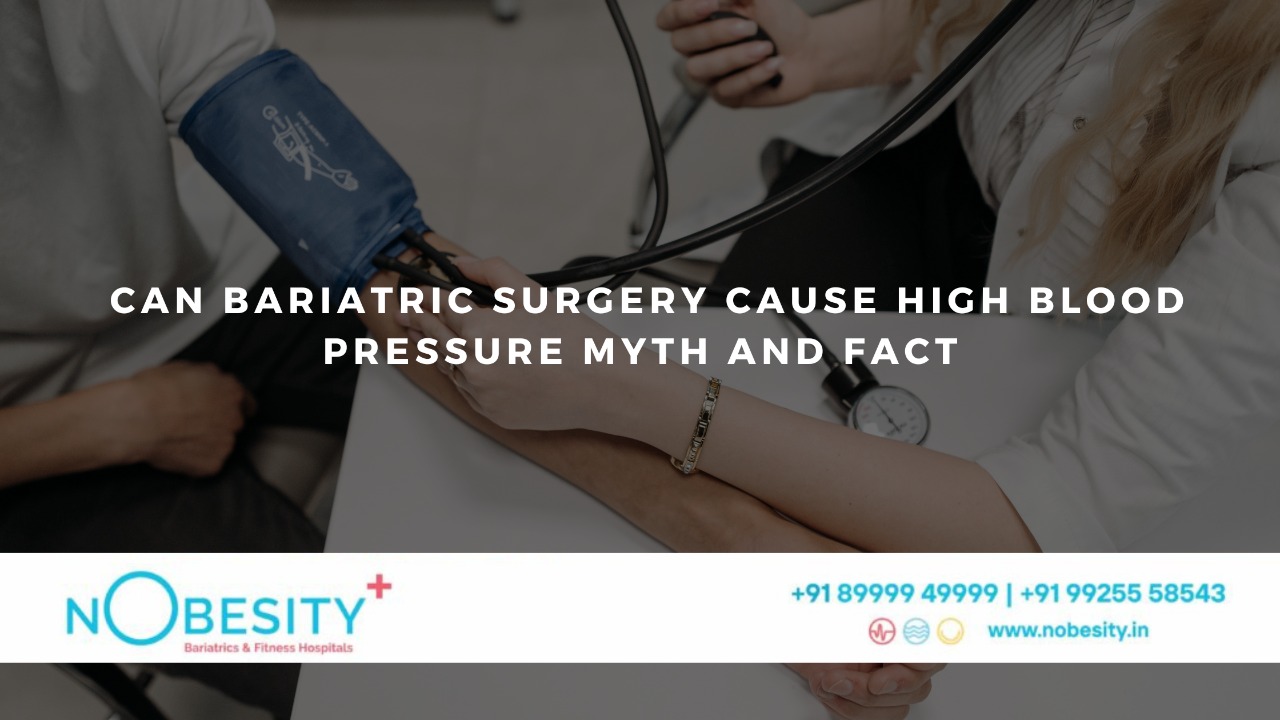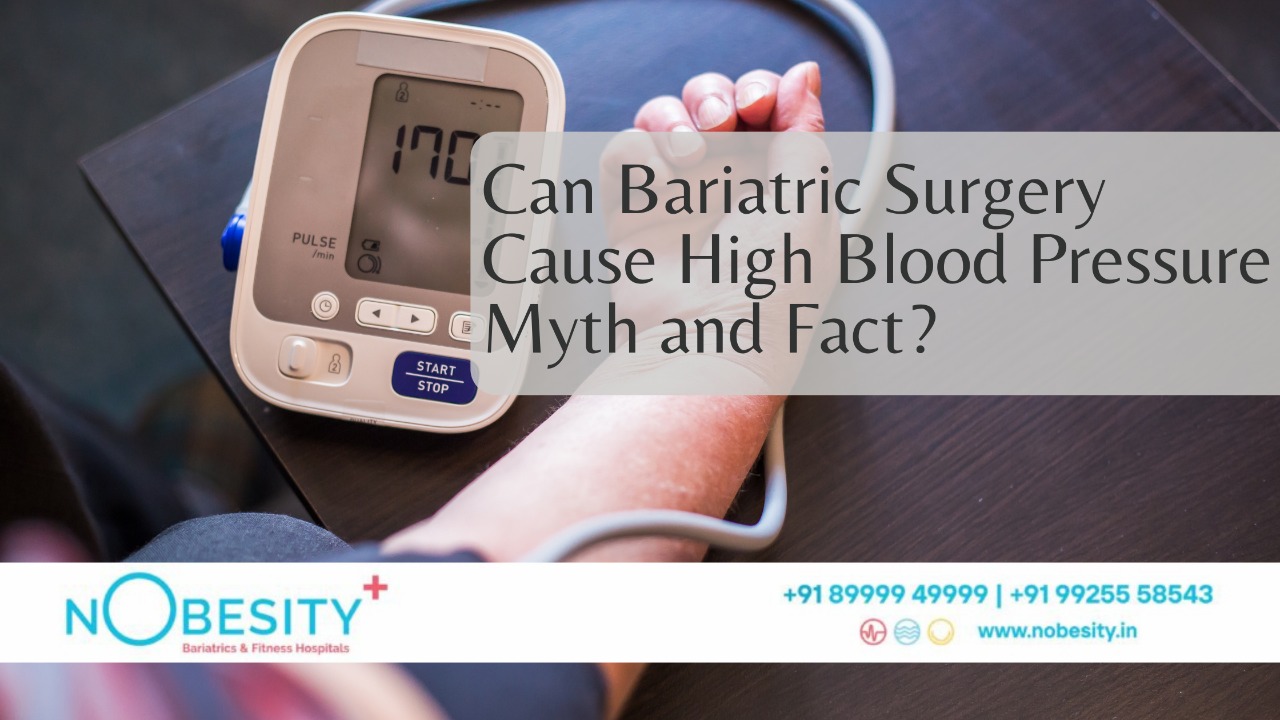
Obesity, to a layperson, refers to someone who is overweight, which may be the case because they eat a lot, don’t exercise, and so on. This isn’t always the case, however. Obesity is a medical disorder in which a person has gained too much body weight, which negatively affects health.
Obesity is described as a disorder in which a person has an excess amount of body fat or a fat distribution that is unhealthy. It puts you at risk for a variety of severe health problems. Bones and lungs are strained by excess body fat. It also affects hormones and metabolism, as well as increasing inflammation in the body. Obese people do have a body mass index (BMI) of 30 or more.
You can use an online calculator to measure your BMI from the source you can trust. Your height and weight are what you need to see. Obesity is a risk factor, but it does not guarantee that you will have the following health issues. However, it increases the odds of getting one or two of them. Here are some obesity-related health risks and what you should do to avoid or treat them.
How does one determine if they are ‘Obese’?
An individual is considered obese if his or her weight is 20% above the average limit. Often, if a person’s BMI (body mass index) is between 25 and 29.9, they are considered overweight. However, if a person’s BMI is 30 or higher, they are considered obese. BMI more than 40 is considered morbid obesity and those with BMI more than 50 are called superobese.
Importance of BMI to measure obesity health risks
The body mass index, or BMI, is an objectively calculated formula based on a person’s weight and height. It is used to classify the level of obesity and therefore help to decide the treatment options.
Obesity Health Risks on the Increase
Though there are many reasons for being overweight or obese, the fact is that obesity is a major health risk that is rapidly affecting Indians. According to a study, India will have the world’s second-highest obese population by 2025, with 17 million people in the obese group, second only to China. Obesity is on the rise, even with these figures in place and people being mindful of the issue.
Here are obesity-related health risks and what you should do to avoid or treat them.
-
Type 2 diabetes mellitus
When your blood sugar level is higher than average, you have type 2 diabetes. Multiple health complications, such as heart failure, nerve injury, stroke, kidney dysfunction, and vision disorders may develop as a result of this. If you’re overweight, losing 5 to 7% of your body weight and engaging in normal, moderate exercise will help you avoid or postpone type 2 diabetes.
-
Cardiovascular disease
Obese people are more likely to have heart disease. Fatty deposits can form in the arteries that supply blood to the heart over time. Obese people have higher-than-normal blood pressure, low-density lipoprotein (LDL) cholesterol, triglycerides, and blood sugar levels, both of which lead to cardiac disease. A heart attack may be caused by narrowed arteries. A stroke can be caused by blood clots in small arteries.
-
Stroke
Many of the risk factors for stroke or heart attack are the same. Strokes happen when the blood flow to the brain is interrupted. A stroke can affect brain tissue, resulting in various disorders such as speech and language disability, impaired muscles, and differences in thought and cognitive ability. Obesity raised the risk of stroke by 64%, according to a 2010 study of 25 trials involving nearly 2.3 million people.
-
Insomnia due to sleep apnea/excessive snoring
Sleep apnea is a condition in which someone temporarily stops breathing while sleeping. People who are overweight or obese are more likely to suffer from sleep apnea. This is due to the fact that they have more weight across the throat, which causes the airway to narrow. Snoring and trouble breathing at night can be caused by a narrowed airway. Weight loss will help reduce the amount of fat in the neck and reduce the chance of sleep apnea.
-
Blood pressure elevation
More oxygen and nutrients are required in extra fatty tissue in the body. The blood vessels must flow to the additional fat tissue more blood. This makes it much harder for your heart to pump blood across your body. The surge in flowing blood causes more pressure on your artery walls. This additional pressure is known as hypertension or elevated blood pressure. Over time, the heart and arteries will get damaged from high blood pressure.
-
Liver disease
Obesity people may have a liver disease called steatohepatitis that is known as a fatty liver condition (NASH). This occurs as extra fat grows in the liver. Excess loose skin can damage the liver or cause the so-called cirrhosis tissue to expand. Usually, fatty liver disease has no effects but can ultimately lead to insufficient liver. Weight loss, training and avoiding alcohol is the best way to treat or control the disorder.
-
Gallbladder disease
The gallbladder is responsible for the storage and absorption of a bile-. Bile is required for digesting your fats. The risk of having gallstones rises due to obesity. Bile builds up and stiffens in the gallbladder, causing bile stones. Obesity might lead to elevated cholesterol levels in gallbladder and so it does not function properly, leading to gallstones. Gallstones may be uncomfortable and need an operation. A high-fiber diet and healthy fats can help to prevent gall stones
-
Cancers of various types
Since cancer is not a single disorder, the connection between obesity and cancer is less apparent than it is for other illnesses such as heart disease and stroke. Obesity, on the other hand, may raise the risk of cancers such as breast, bowel, gallbladder, pancreatic, renal, and prostate cancer, as well as uterine, cervix, endometrium, and ovarian cancer. According to one population-based study, being overweight or obese was linked to around 28,000 new cases of cancer in men and 72,000 new cases of cancer in women in the United States in 2012.
-
Complications in pregnancy
Insulin resistance, elevated blood sugar, and high blood pressure are most likely to occur in pregnant women who are overweight or obese. This could raise the likelihood of complications during pregnancy and childbirth, such as:
- gestational diabetes
- preeclampsia
- the need for a cesarean delivery (C-section)
- blood clots
- higher than expected postpartum bleeding
- premature birth
- abortion
- stillbirth
- brain and spinal cord abnormalities
According to one study, over 60% of women with a BMI of 40 or higher experienced one of these complications. If you’re overweight or obese and planning to have a pregnancy, you can undergo weight loss surgery or start a weight-loss program right away to prevent the health hazards mentioned above. Consult a doctor on the types of physical exercise that are healthy to perform when pregnant.
-
Depression
Obesity causes depression in a large number of individuals. Obesity and major depressive disorder have been shown to have a close connection in several trials. Obese people are often subjected to bigotry because of their weight This can lead to feelings of depression or a sense of self-worthlessness over time. Many activist organizations, such as the National Association to Advance Fat Acceptance (NAAFA), are already trying to end body image bias. These groups give people the chance to get engaged in the battle against discrimination. Contact the doctor for a referral to a mental health specialist if you have obesity and are having signs of depression.
-
PCOD/ Hirsutism/ Acne/ Gynecological problems in female
PCOD (or PCOS) is Polycystic ovarian disease or syndrome. In these the there is imbalance in hormones. Normally female ovaries produce more female hormones (estrogen) and very tiny amount of male hormones (Androgen). In PCOD this ratio of female and male hormone is altered resulting in menstrual irregularities, excessive body hairs and acne. There is also insulin resistance in which the insulin produced is not able to work properly and ultimately leads to more weight gain and increased risk of diabetes mellitus.
Conclusion
Obesity will have a negative effect on both your health and wellbeing. You may not know where to start, but taking action to manage your wellbeing now will help you avoid risks like type 2 diabetes and high blood pressure later on. Consult a physician for can your physical activity, following a healthy diet, consulting a psychiatrist, among other treatment options.








